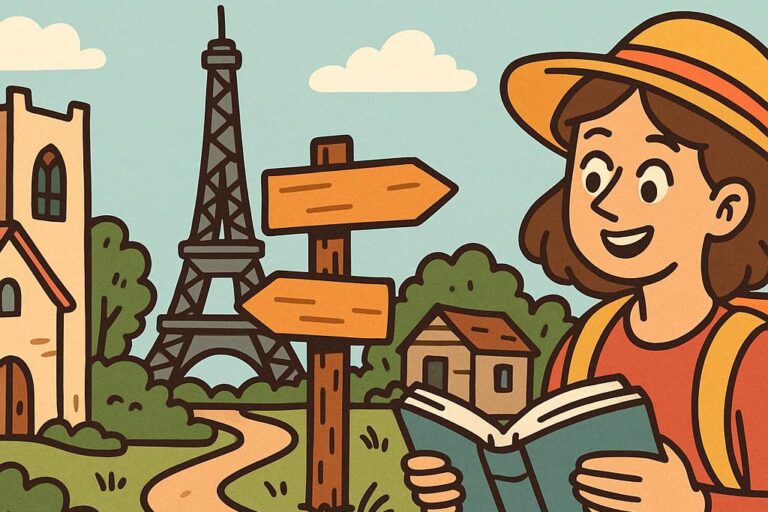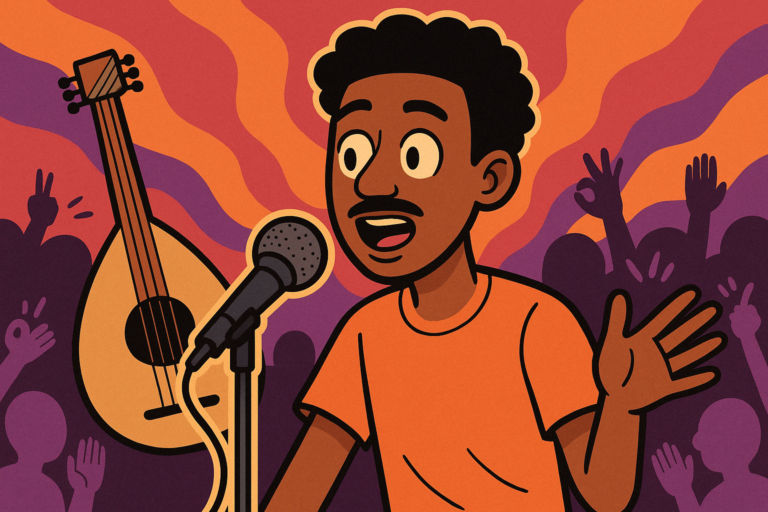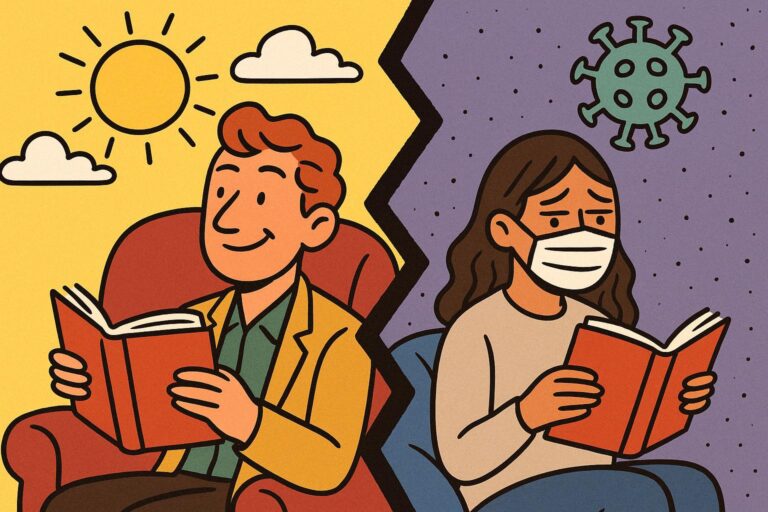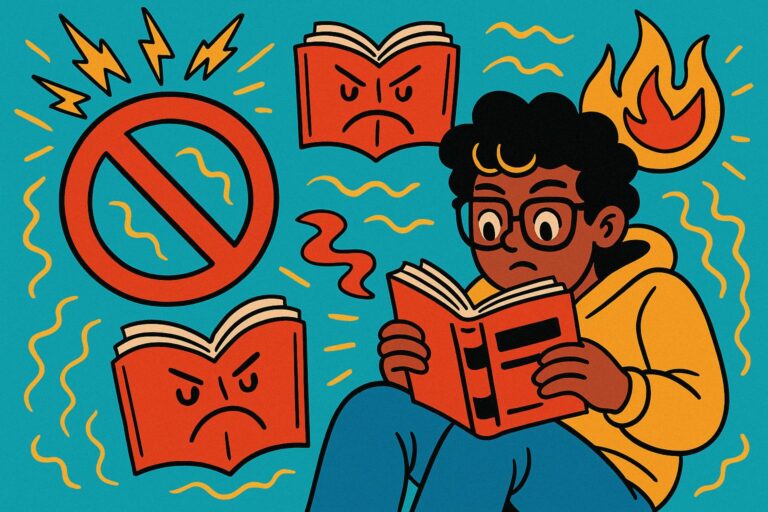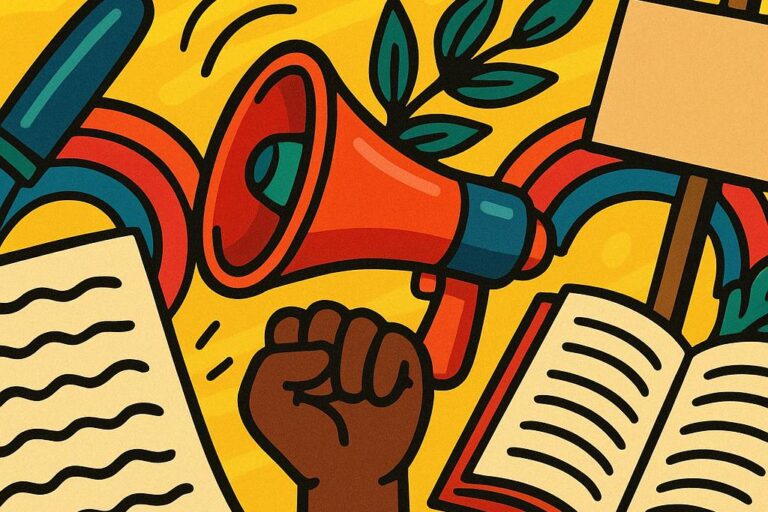Alternate Story Ideas Of Famous Books
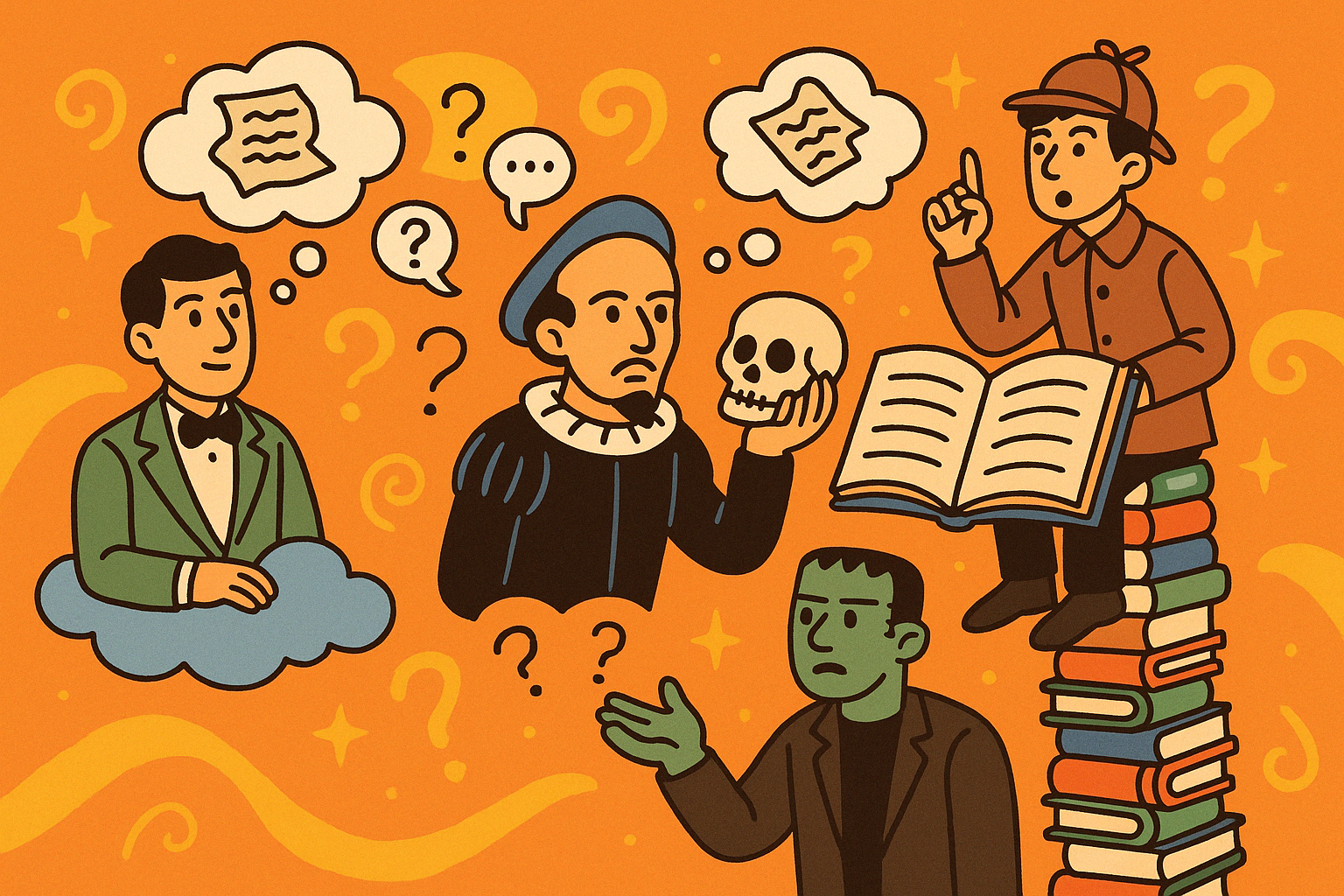
You ever wonder what would’ve happened if Gatsby actually married Daisy?
Or if Jane Eyre had said yes to St. John?
I’ve been thinking a lot about how one narrative shift in a classic story can totally change its emotional weight—and sometimes even its entire message.
As someone who spends way too much time reading about structure, theme, and character arcs, I’ve realized that alternate storylines aren’t just fanfiction territory—they’re a serious way to understand how novels actually work. Writers like Jean Rhys (Wide Sargasso Sea) or even Tom Stoppard (Rosencrantz and Guildenstern Are Dead) have built entire careers reimagining canon.
So I pulled together some alternate takes on iconic books, not just for fun (though it is fun), but to dig into how story mechanics flex when you twist one crucial moment. Let’s start with a few that totally rewire the heart of their originals.
Reimagining Core Conflicts in Famous Works
Let’s kick off with three stories where a single change flips the entire novel—structure, theme, tone, everything. These aren’t minor “what ifs”—they’re pressure points that reframe what the book is actually about.
1. Pride and Prejudice – What if Darcy never proposed at all?
Darcy’s first proposal is clumsy, snobbish, and entirely necessary. Without it, there’s no pivot for Elizabeth. She doesn’t get the moment of internal reckoning where she realizes she’s been wrong, too. If Darcy never proposes, their dynamic remains antagonistic—Elizabeth continues to believe the worst of him, and Darcy never bothers to change.
So what do we get instead? A more cynical, socially static novel where neither party grows. Lydia’s scandal might still get resolved, but not by a man moved by love. Instead, we’d see a darker commentary on class rigidity and personal pride left unchecked. Honestly, it’d be more like Persuasion with the optimism stripped out.
2. 1984 – What if Winston actually joined the Inner Party?
Picture this: instead of resisting Big Brother, Winston decides to play the game—and wins. He fakes submission, manipulates Julia, and starts climbing the ranks. What does that do to Orwell’s original message?
Well, it sharpens the critique. Rather than a cautionary tale about losing your identity under tyranny, we’d get a ruthless study of how systems co-opt even the most rebellious minds. It’d be less about torture, more about complicity. Think Machiavellian strategy instead of tragic resistance. In some ways, it’d feel closer to The Secret Agent or even The Godfather than a dystopia.
And ironically, Winston surviving would make the ending even bleaker—because it suggests the only way to live is to give in completely.
3. Frankenstein – What if the creature created his own companion first?
Forget Victor’s failed second monster. Imagine if the creature, desperate and intelligent, builds his own mate. Suddenly, the power dynamic shifts. He’s not a tragic victim anymore—he’s a self-taught god, like his creator.
This version could dive into themes of reproduction, creator/created duality, and evolutionary control. It’d still be Gothic, but more expansive: a world where post-human life evolves independent of human morality. Victor’s guilt would deepen—not because he made a monster, but because he made a rival species.
Mary Shelley was already dabbling in proto-science fiction. This twist turns Frankenstein into full-blown speculative horror, maybe even early biotech dystopia.
These changes aren’t just plot flips—they reveal the tightrope walk authors do when building theme and tension. A single decision alters the trajectory of everything. And for us—readers, writers, story nerds—that’s where things get really interesting.
7 Bold Alternate Story Pitches (That Actually Hold Up)
1. What if Hamlet killed Claudius in Act I?
We’re talking instant revenge. No spiraling, no feigned madness, no five-act indecision. So then what?
We’d suddenly get a story about what happens after justice is served—because Claudius isn’t the real problem. Denmark is. The rot Hamlet sensed wasn’t just in his uncle, but in the system. He becomes king, but he’s no politician. This version could turn into a tragedy about idealism crashing into realpolitik. Think Macbeth meets The West Wing.
Also, imagine the dramatic irony: Hamlet finally acts, but it turns out his inaction was the only thing keeping him humane.
2. What if Gatsby actually came from old money?
Let’s rewrite the myth: Gatsby’s not the self-made romantic hero—he’s born into wealth, always been on the inside, and still can’t win Daisy.
Now that is a completely different lens. Suddenly, the tragedy isn’t about the American Dream being a lie—it’s about how deeply broken even the so-called winners are. Gatsby becomes a symbol not of aspirational fantasy, but of existential rot. All the charm stays, but the desperation shifts tone—from striving to stagnation.
It’d turn The Great Gatsby into a critique of wealth’s inability to fill emotional voids, not just the futility of upward mobility.
3. What if Offred escaped Gilead early on? (The Handmaid’s Tale)
This version wouldn’t end with her being caught or fading into ambiguity—it’d be a full-on refugee arc. What does survival look like outside the borders of a totalitarian theocracy? What are the costs of being the witness to atrocity but no longer the victim?
You’d lose the intensity of the oppressive setting, sure—but you’d gain a whole new commentary on trauma, complicity, and storytelling. Who listens to exiles? Who believes them?
It becomes less about the system’s violence, more about memory, resistance, and the politics of truth in exile. Almost a journalistic novel in tone.
4. What if Sherlock Holmes turned to crime?
Holmes is already walking a razor-thin line between genius and sociopath. What if, instead of solving crimes, he orchestrated them?
This flips The Adventures of Sherlock Holmes into a dark procedural where Lestrade is always one step behind, and Watson has no idea he’s narrating from inside the villain’s lair.
It could explore themes of control, addiction, and narcissism. Think Breaking Bad in Victorian England, where Holmes justifies every heist or scheme as a mental challenge. And the worst part? He still believes he’s helping society by “exposing its flaws.” Scary, but narratively sound.
5. What if Hester Prynne joined a separatist cult? (The Scarlet Letter)
Let’s say instead of bearing her punishment silently, Hester runs—and not just into the forest, but into a group of women creating their own society.
Suddenly, this isn’t a story about shame and public penance. It’s a proto-feminist utopia exploring what happens when you reject the rules entirely. There’s still room for guilt, grace, and motherhood, but it reframes Hester as a revolutionary, not just a survivor.
The themes of religious hypocrisy and societal control still land, but now they’re explored through active dissent instead of passive endurance.
6. What if Frodo kept the Ring?
This is maybe the darkest one here. Frodo survives Mordor, defeats Sauron… but decides to keep the Ring and rule.
We’d lose the redemptive arc, but gain an entire alternate ending that turns into a second epic. Aragorn becomes the rebel. Sam is forced to choose loyalty or morality. And Middle-earth? Plunged into a new kind of tyranny—one born of “good intentions.”
Tolkien was obsessed with power’s corrupting nature. This take would lean into that 100%. It’d be like watching the hero of Star Wars become the next Sith Lord.
7. What if Holden Caulfield met a real mentor?
This one doesn’t sound as radical at first, but imagine Holden—angsty, unraveling—meeting an adult who actually gets him. Someone emotionally available. Someone not a phony.
What unfolds then is a version of The Catcher in the Rye that isn’t about free-fall, but recovery. He still critiques society. Still mourns Allie. But there’s hope. The “catcher” metaphor becomes literal—he gets caught before he crashes.
In a weird way, this feels like a Gen Z remix: less self-destruction, more emotional healing. Still cynical. Still sharp. But also a little more tender.
Final Thought
Okay, that’s the deep dive. Honestly, playing with alternate stories has made me appreciate original works even more. It’s like reverse-engineering genius—and seeing just how many paths were possible.
Got a “what if” of your own brewing?
I’d love to hear it.
Mail it to me and we can add this to the blog.
